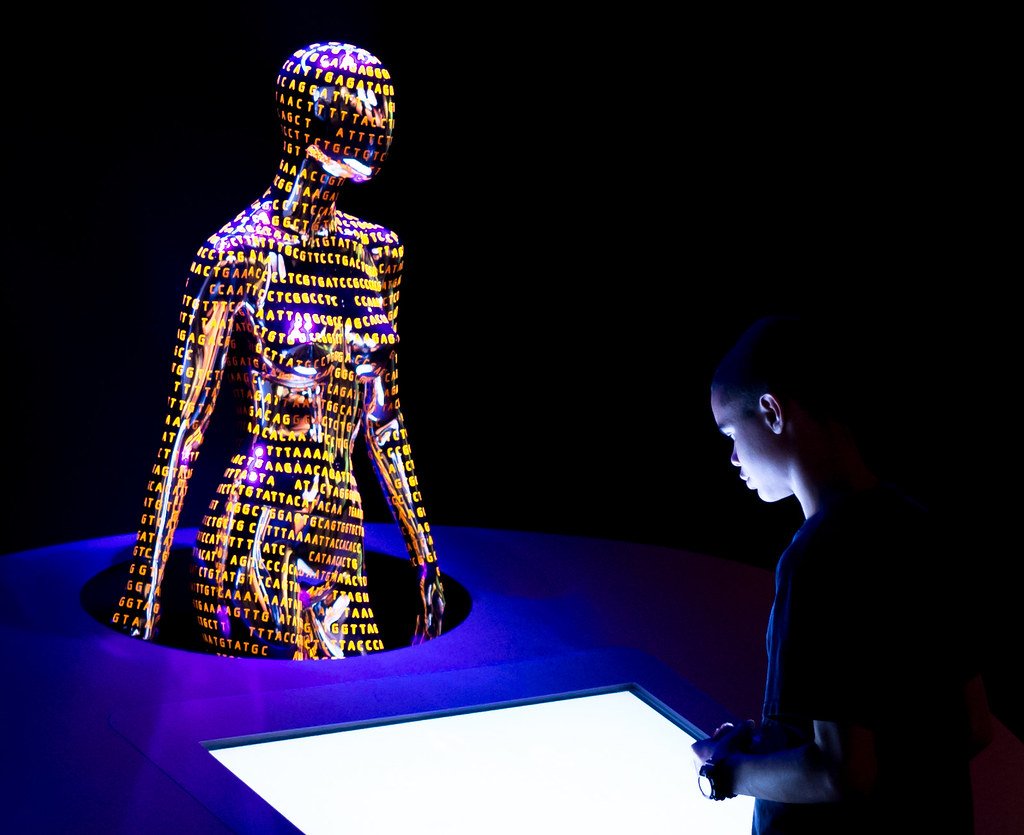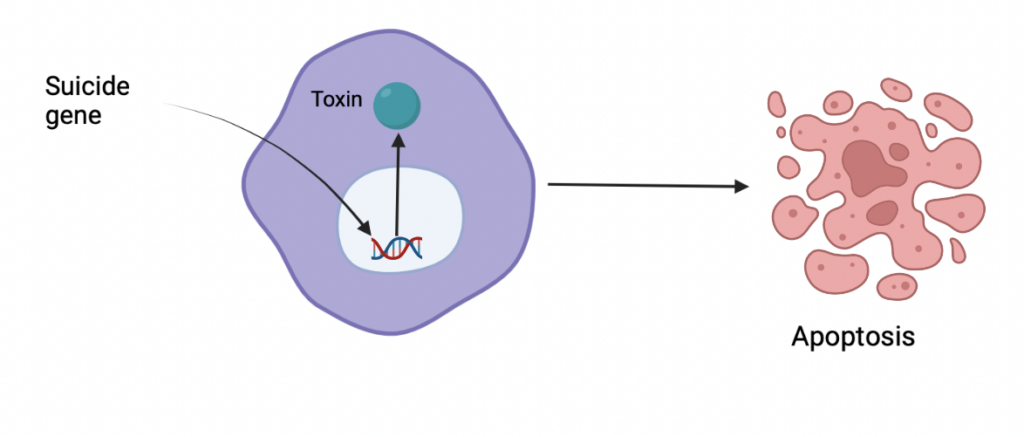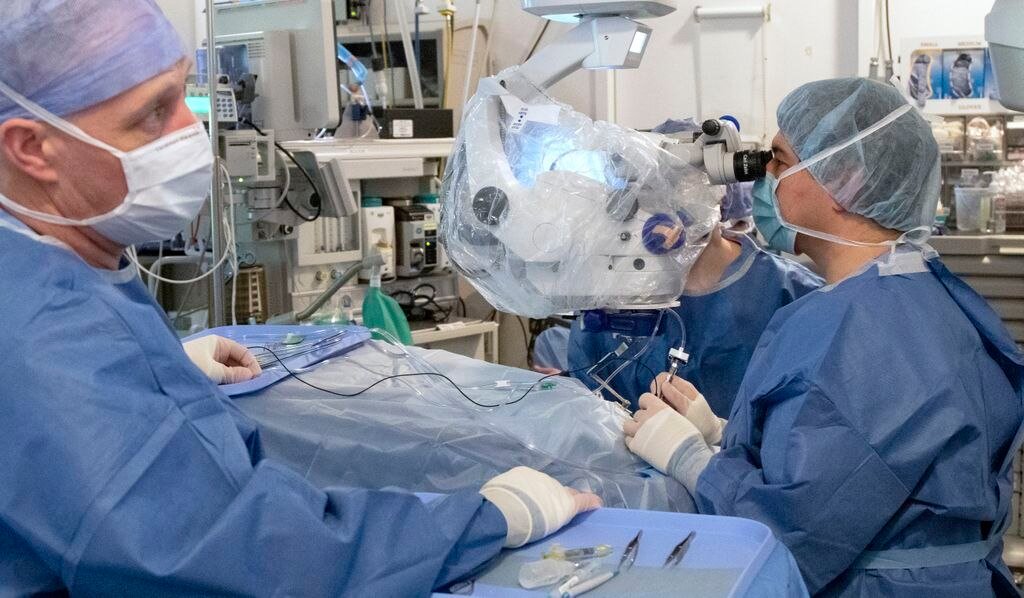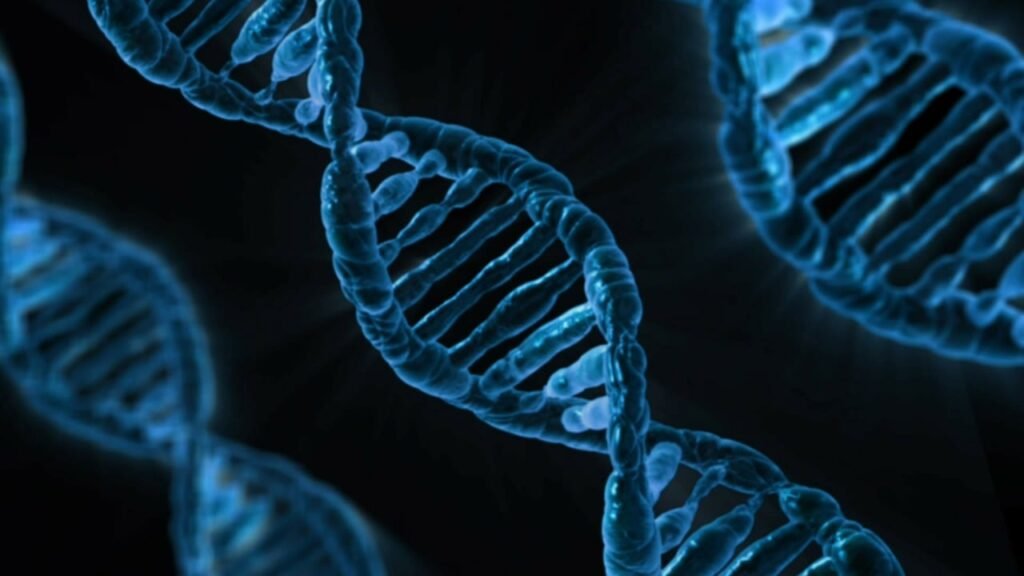The world of genetics is undergoing an incredible transformation, bringing with it the promise of groundbreaking advancements in medicine. These discoveries are not only expanding our understanding of the human body but also paving the way for revolutionary treatments and therapies. In this article, we’ll explore 13 amazing genetic discoveries that are changing the future of medicine and offer a glimpse into the possibilities that lie ahead.
Decoding the Human Genome

The complete mapping of the human genome was a watershed moment in genetics. By identifying all the genes that make up human DNA, scientists have laid the groundwork for personalized medicine, where treatments are tailored based on an individual’s genetic makeup. This insight is crucial for understanding diseases and developing targeted therapies.
CRISPR and Gene Editing

CRISPR-Cas9 technology has revolutionized genetic engineering, enabling researchers to edit genes with unprecedented precision. This innovation holds potential for correcting genetic disorders, developing new treatments for cancer, and even preventing genetic diseases before they manifest. The ease and accuracy of CRISPR have made it a cornerstone of modern genetic research.
Discovery of Epigenetics

Epigenetics explores how gene activity is influenced by factors other than changes to the DNA sequence. This field has revealed how environmental factors like diet, stress, and pollution can affect gene expression and potentially lead to diseases. Understanding these mechanisms is opening new avenues for disease prevention and treatment.
Gene Therapy Advances

Gene therapy, which involves inserting, altering, or removing genes to treat disease, is making significant strides. Recent breakthroughs have led to successful treatments for genetic disorders like spinal muscular atrophy and certain types of inherited blindness, offering hope to patients who previously had few options.
Genomic Medicine in Oncology

In cancer treatment, genomic medicine is changing the landscape. By analyzing a tumor’s genetic profile, clinicians can tailor treatments to target specific mutations, improving the effectiveness of therapies and reducing side effects. This personalized approach is transforming oncology practices around the world.
Pharmacogenomics

Pharmacogenomics studies how genes affect a person’s response to drugs. By understanding genetic differences in metabolism and drug response, healthcare providers can prescribe medications that are more effective and have fewer side effects. This practice is leading to more personalized and effective treatments.
Rare Disease Research

Genetic research is crucial in understanding and treating rare diseases, which often have a genetic basis. Advances in sequencing technologies have accelerated the discovery of disease-causing genes, paving the way for diagnostics and potential treatments for conditions that affect only a small number of people.
Microbiome and Health

Our understanding of the human microbiome—the collective genome of the trillions of microorganisms living in and on our bodies—is rapidly evolving. Research is uncovering the vital roles these microorganisms play in our health, impacting conditions ranging from digestion to immune response and mental health.
Genetic Predispositions and Disease Prediction

With the rise of genetic testing, it is now possible to predict the likelihood of developing certain diseases based on genetic predispositions. These insights empower individuals and healthcare providers to adopt preventive measures that can mitigate risks long before disease onset.
Stem Cell Genetics

Stem cell research has surged forward, thanks in part to genetic advancements. Understanding the genetic regulation of stem cell differentiation is proving crucial for regenerative medicine, offering potential treatments for conditions like Parkinson’s, diabetes, and spinal cord injuries.
Understanding Brain Disorders

Genetics is shedding new light on brain disorders such as Alzheimer’s, schizophrenia, and autism. By identifying genetic factors that contribute to these conditions, researchers are working on novel therapies and interventions to improve patient outcomes and quality of life.
Personalized Nutrition and Wellness

Genetic discoveries are influencing personalized nutrition, where dietary recommendations are tailored to an individual’s genetic profile. This approach aims to optimize health by considering how different foods interact with unique genetic predispositions, supporting overall wellness and disease prevention.
Ethical Considerations in Genetic Research

As genetic research advances, ethical considerations become increasingly important. Issues such as genetic privacy, discrimination, and informed consent are at the forefront of discussions, ensuring that scientific progress is made responsibly and benefits society as a whole.
Conclusion

The rapid pace of genetic discoveries is transforming how we understand and treat diseases, ushering in an era of personalized and precision medicine. From gene-editing technologies like CRISPR to the exploration of epigenetics and the microbiome, the potential to improve human health is vast. As we continue to unlock the mysteries of the human genome, we are better equipped than ever to tackle some of today’s most pressing health challenges, promising a healthier future for all.




